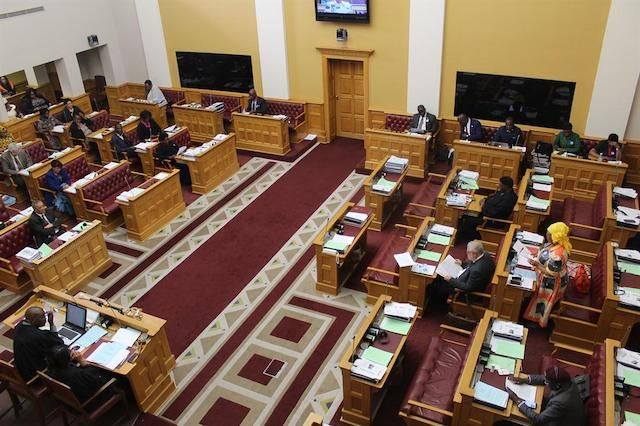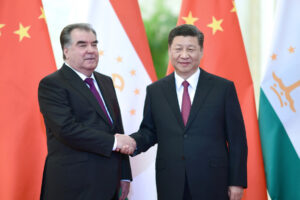Namibian women parliamentarians have established a parliamentary body to advocate gender equality and other national issues.
They stressed the need for unity during a workshop facilitated by the Inter-Parliamentary Union (IPU) last week.
The two-day training focused on women members of parliament (MPs), and covered topics such as strategic planning and the operation of the joint women’s parliamentary caucus, which was established at the end of the workshop on Friday.
The caucus is aimed at empowering female MPs to promote and advocate women’s issues in parliament.
Namibia’s parliament now joins Zambia, Kenya and Uganda in having a functional parliamentary women caucus.
This follows an interim parliamentary women’s caucus set up in April 2022.
Deputy minister of health and social services Esther Muinjangue spoke to The Namibian about the importance of unity among women MPs.
“It is very important for women parliamentarians to work together, because when we’re in that house, we are no longer representing our parties. But as women, we should be the voices out there,” she said.
Former Swapo chief whip Evelyn !Nawases-Taeyele said unity among women is important.
“Once we are united, we become a force to be reckoned with. As you know, women have the potential to empower communities,” she said.
The National Assembly secretariat also welcomed efforts to establish a parliamentary women’s caucus, and secretary Lydia Kandetu said they have already been making resources available to the interim committee.
“We really wanted to have a caucus like other countries, because we believe women caucuses are not properly taken up,” Kandetu said.
President of the IPU bureau of women parliamentarians Cynthia López Castro said her office aims to transform parliaments into gender-sensitive institutions.
She described caucus-based debate among women MPs as an empowerment strategy and a positive indicator of parliamentary democracy.
“Women parliamentarian caucuses are vital components, and for many, a quick starter to achieving great things,” said Castro, who also commended Namibia for women’s representation in terms of legislation.
Namibia has one of the largest proportions of female MPs, with 44,2% in the National Assembly and 14,2% in the National Council.
“We accord these achievements to the increasing number of women being empowered and taking up executive positions in both the private and public sector,” said National Assembly deputy speaker Loide Kasingo.
Kasingo said during the IPU’s 146th congress in Bahrain last month, the Namibian parliament signed a cooperation agreement. As part of the agreement, the IPU committed to funding and facilitating capacity-building programmes aimed at advancing gender equality in Namibia.
National Assembly member Emilia Nuyoma Amupewa was elected president of the women’s caucus, with the National Council’s Lonia Kaishungu serving as her deputy.
CHALLENGE
National Council secretary Tousy Namiseb said women parliamentarians can play a major role in Namibia’s legal reform if they work together.
Several colonial statutes, including the divorce law, should be repealed because they disadvantage women, and it is a challenge for some married women to obtain a divorce, Namiseb said.
“The rule we currently have, you must prove fault and establish the irretrievable breakdown. And then you might not get the divorce. That forces people to be together and that is a flame to fuel gender-based violence,” said Namiseb.
This is a challenge for women MPs, who must unite regardless of their political affiliation. Women MPs must ensure that discriminatory laws, like those dealing with marriage and inheritance, are brought to parliament for repeal, he said.
Source : TheNamibian
















